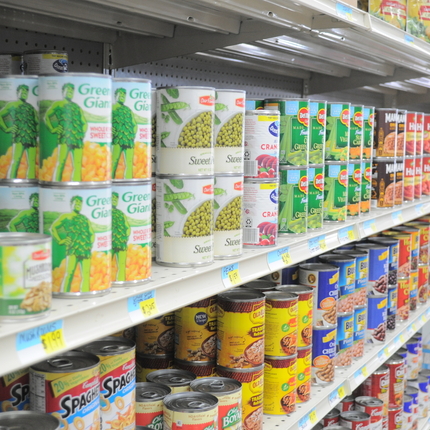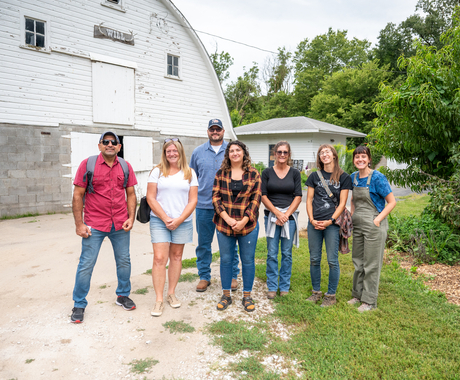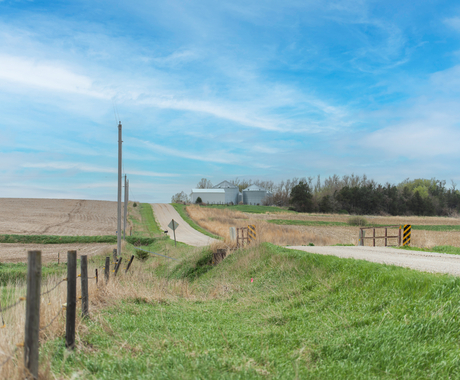Teresa Hoffman, senior communications associate, [email protected], 402.687.2100, ext. 1012
LYONS, NEBRASKA – A Nebraska state senator is hoping a temporary change to eligibility requirements for the Supplemental Nutrition Assistance Program (SNAP), approved in 2021, will become permanent under legislation introduced recently.
Legislative Bill (LB) 84, sponsored by state Sen. Jen Day, would keep the gross income eligibility requirement at 165% or below of the federal poverty level, rather than reverting back to 130%. The Legislature increased the threshold as a way to fix a flaw known as the “cliff effect,” however, it is set to expire on Sept. 30.
With a hearing date pending before the Legislature’s Health and Human Services Committee, the Center for Rural Affairs has released the new white paper, “Supplemental Nutrition Assistance Program: Nebraska’s Eligibility Decision.” Authored by Policy Associate Derrik Conard, it explores recent usage trends and examines how SNAP affects state and local economies.
Conard said making the current SNAP gross income limit permanent is a good step.
“Keeping the eligibility level at 165% will give Nebraska families and workers the stable food security they need while pursuing better work, and it would encourage workforce advancement, which is good for the local economy,” he said.
SNAP is the largest federal nutrition assistance program. It exists to supplement the budgets of qualifying families so they can buy healthy food. In 2021, 157,000 Nebraska residents participated in SNAP. More than 72% of the users are families with children and 30% are households with seniors or people with disabilities. Participation is slightly higher in small and rural communities with populations between 10,000 and 50,000.
Basic eligibility requirements are set at the federal level, but states are allowed to introduce flexibility beyond the minimum standards in certain instances.
If lawmakers approve LB 84, Nebraska would join its neighboring states in combating the cliff effect. Iowa and Minnesota have limits of 160% and 165%, respectively. Colorado, North Dakota, and Wisconsin each have gross income eligibility limits of 200%.
The report also recommends lawmakers consider a broader set of changes to combat food insecurity.
“State policies can and do have a large effect on food insecurity in our local communities,” Conard said. “In particular, average wage rates, lower taxes for low-income households, and the cost of housing all play a factor in food insecurity.”
To read and download “Supplemental Nutrition Assistance Program: Nebraska’s Eligibility Decision” visit cfra.org/publications.





